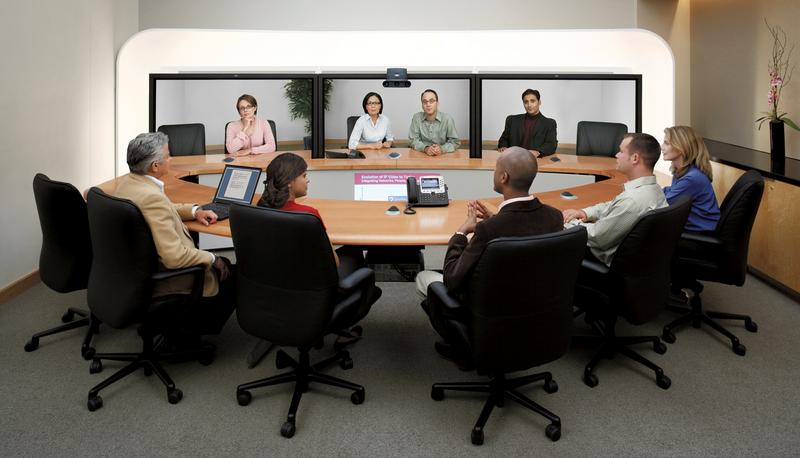Productivity main driver behind renewed video conferencing adoption
Survey shows over 40 per cent of companies have a formal policy encouraging virtual meetings in place of business travel.


Sign up today and you will receive a free copy of our Future Focus 2025 report - the leading guidance on AI, cybersecurity and other IT challenges as per 700+ senior executives
You are now subscribed
Your newsletter sign-up was successful
Productivity is the main driver behind companies using video conferencing, not environmental or costs factors, according to a study.
Firms are encouraging the use of online meetings to help employees save time, be more productive and less stressed, said a study of 150 IT professionals by research firm Quocirca. Over 40 per cent of large companies have a formal, enforced policy encouraging employees to hold their meetings online or via video rather than travel.
But cost-cutting and environmental issues also factor in, especially for companies that are yet to try modern video conferencing technology, said Quocirca principal analyst Rob Bamforth. "The reason for making an investment for those who haven't already used video conferencing is they thought it would save money on travel and help save the environment," he said.
Saving travel time isn't the only productivity boost, as people are less likely to drag out meetings held by video than they are in person. "It seems to be changing how people work in terms of approaching meetings," Bamforth said. "Not just with travel time, but other communications and changing the assumption of how much time you'll spend in the meeting... You can get to a conclusion more rapidly, instead of just being there for sake of it."
But such communication methods bring new problems, Bamforth warned. Most people find meeting over video conferencing isn't easy, but users of any communication method tend to automatically lower their expectation levels, he said, and either speak more slowly or otherwise compensate for the differences.
Some 80 per cent of employees with access to video conferencing facilities say it's just not as good as the real thing. Phone calls are still the most popular form of communication, inside and outside the company, followed closely by email and face-to-face meetings.
Bamforth predicts that will change as a younger employees move into the workforce. "It's different for younger generations who will be more used to it," said Bamforth. "To them, it will no longer be special, but just be part of the infrastructure."
Sign up today and you will receive a free copy of our Future Focus 2025 report - the leading guidance on AI, cybersecurity and other IT challenges as per 700+ senior executives
Freelance journalist Nicole Kobie first started writing for ITPro in 2007, with bylines in New Scientist, Wired, PC Pro and many more.
Nicole the author of a book about the history of technology, The Long History of the Future.
-
 ITPro Best of Show NAB 2026 awards now open for entries
ITPro Best of Show NAB 2026 awards now open for entriesThe awards are a fantastic opportunity for companies to stand out at one of the industry's most attended shows
-
 Mistral CEO Arthur Mensch thinks 50% of SaaS solutions could be supplanted by AI
Mistral CEO Arthur Mensch thinks 50% of SaaS solutions could be supplanted by AINews Mensch’s comments come amidst rising concerns about the impact of AI on traditional software
